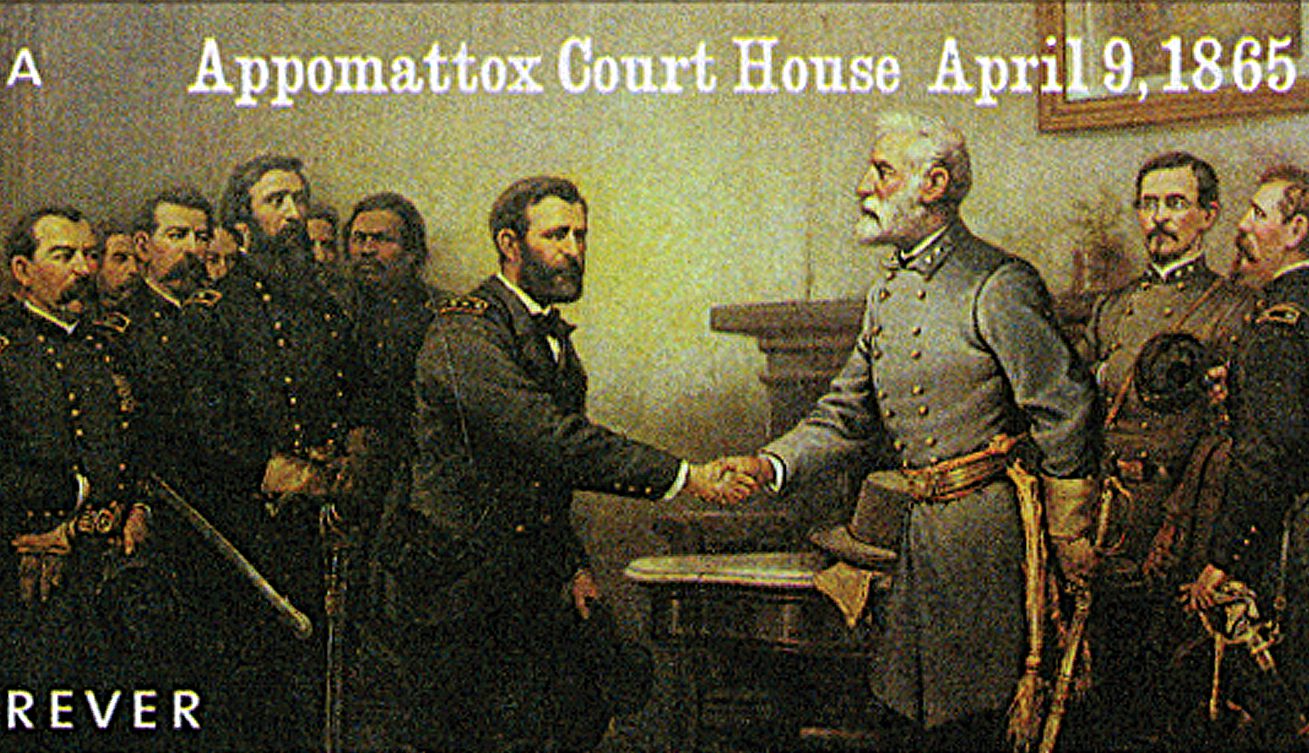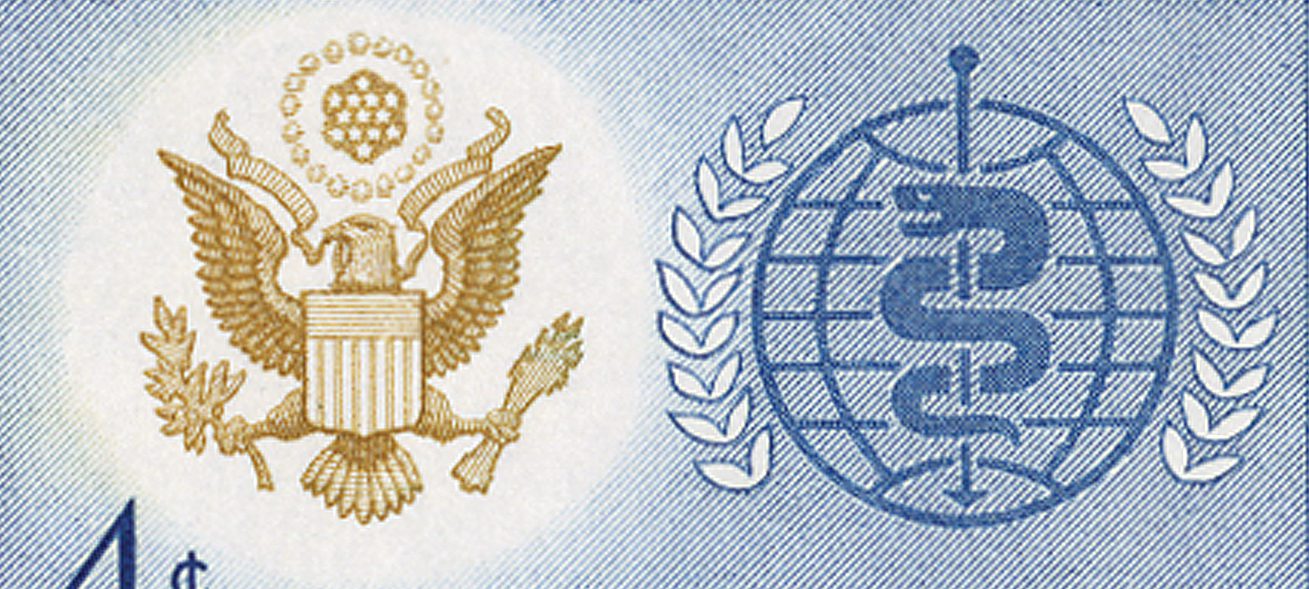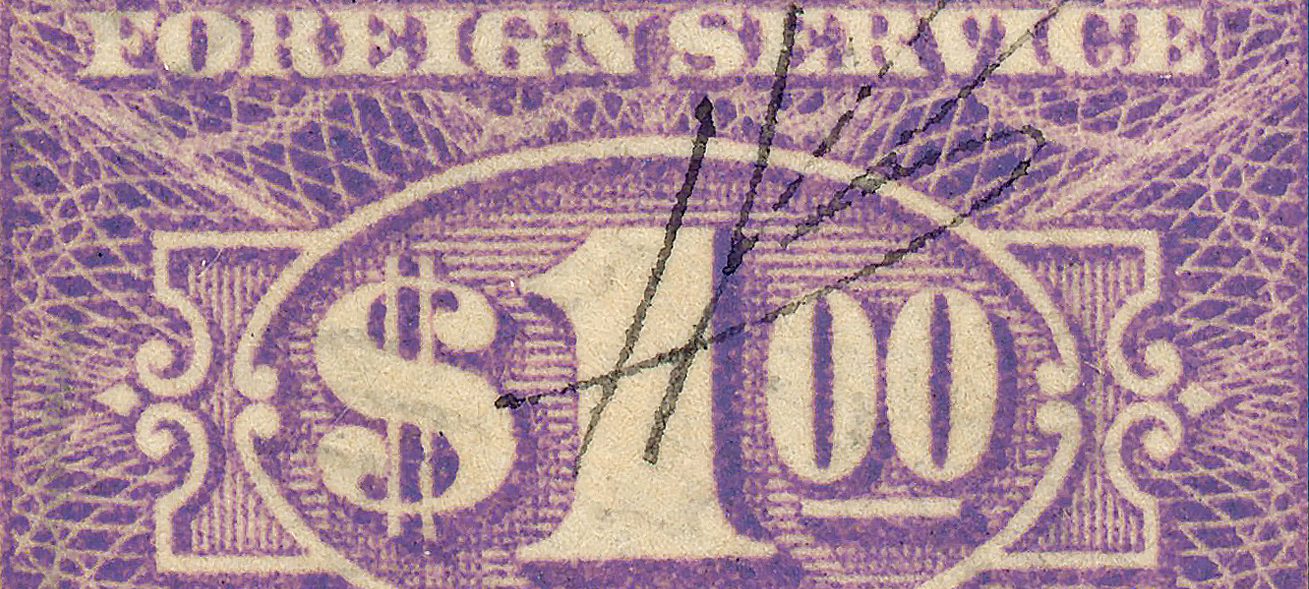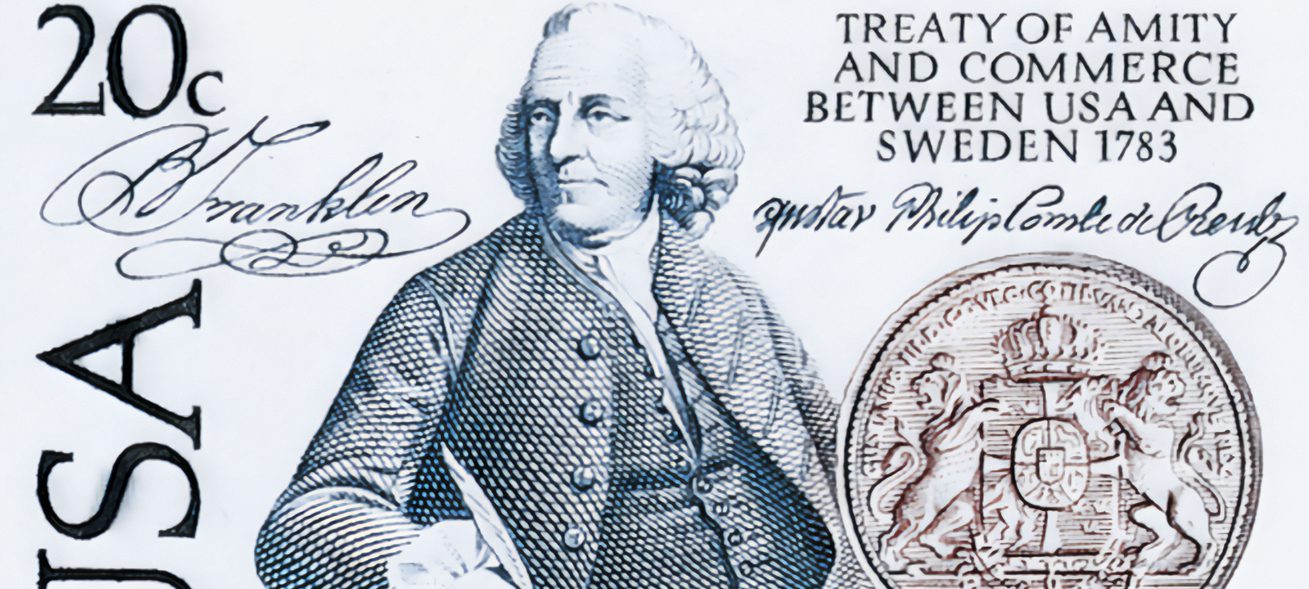Lee Surrenders at Appomattox
On April 9, 1865, Robert E. Lee surrendered his Army of Northern Virginia to Ulysses S. Grant, effectively ending the Civil War. The respect both men showed toward each other led the surrender to be called “The Gentlemen’s Agreement.”









